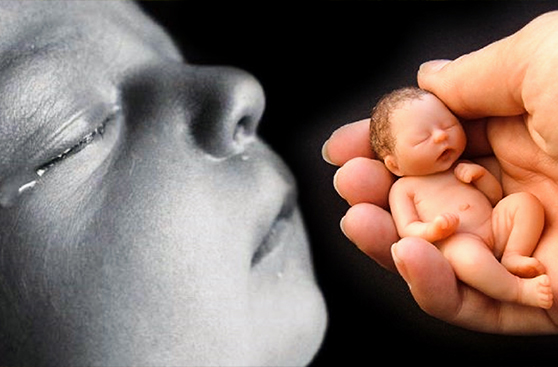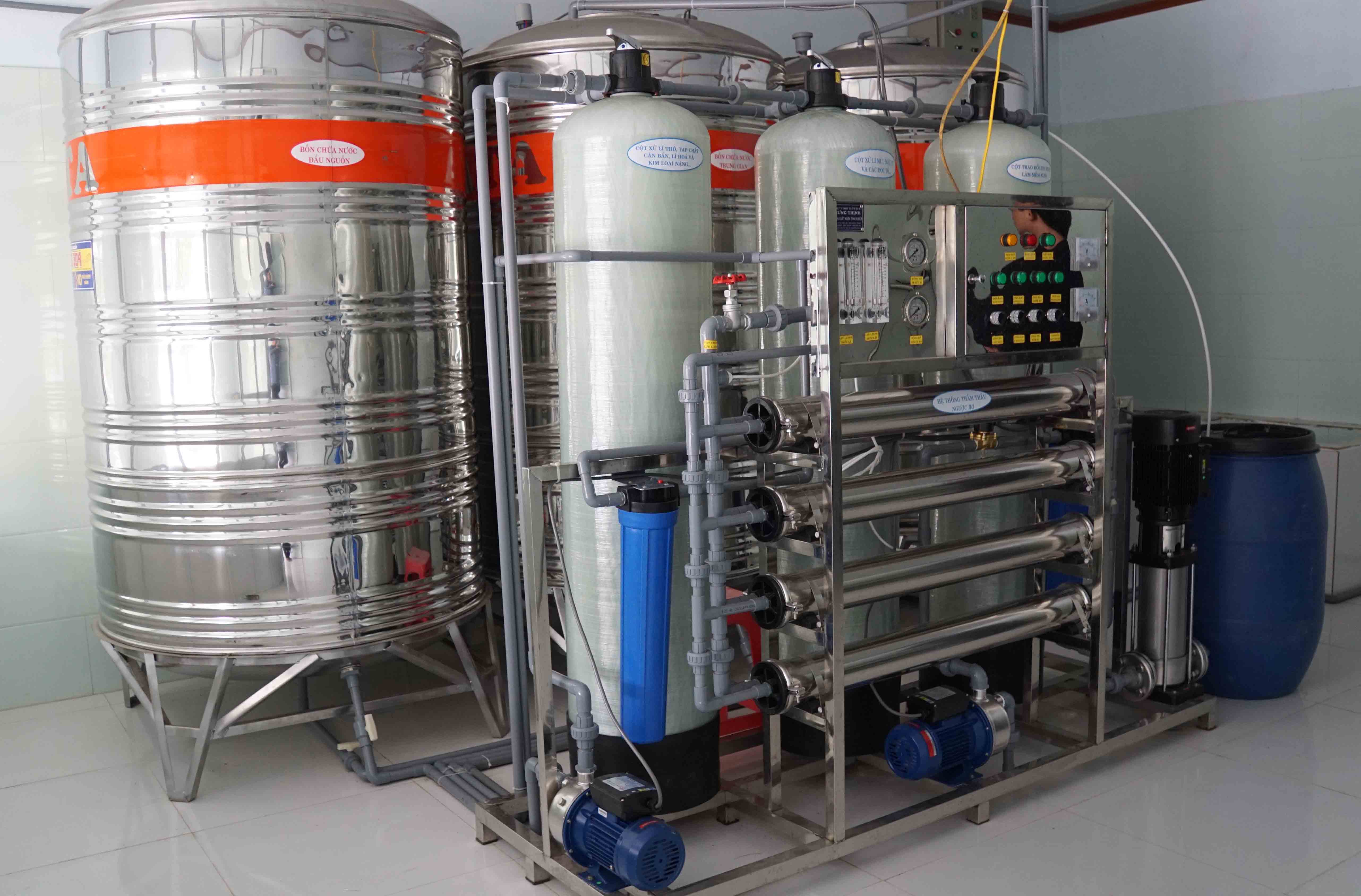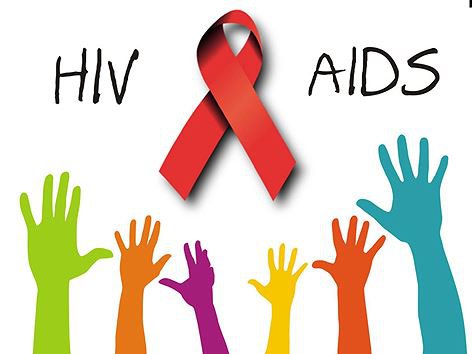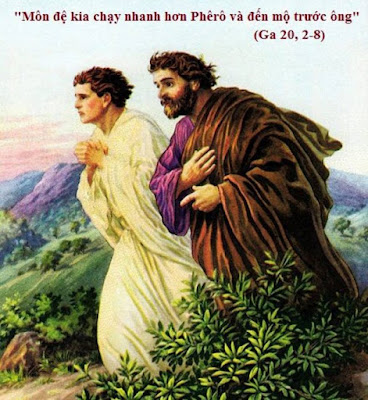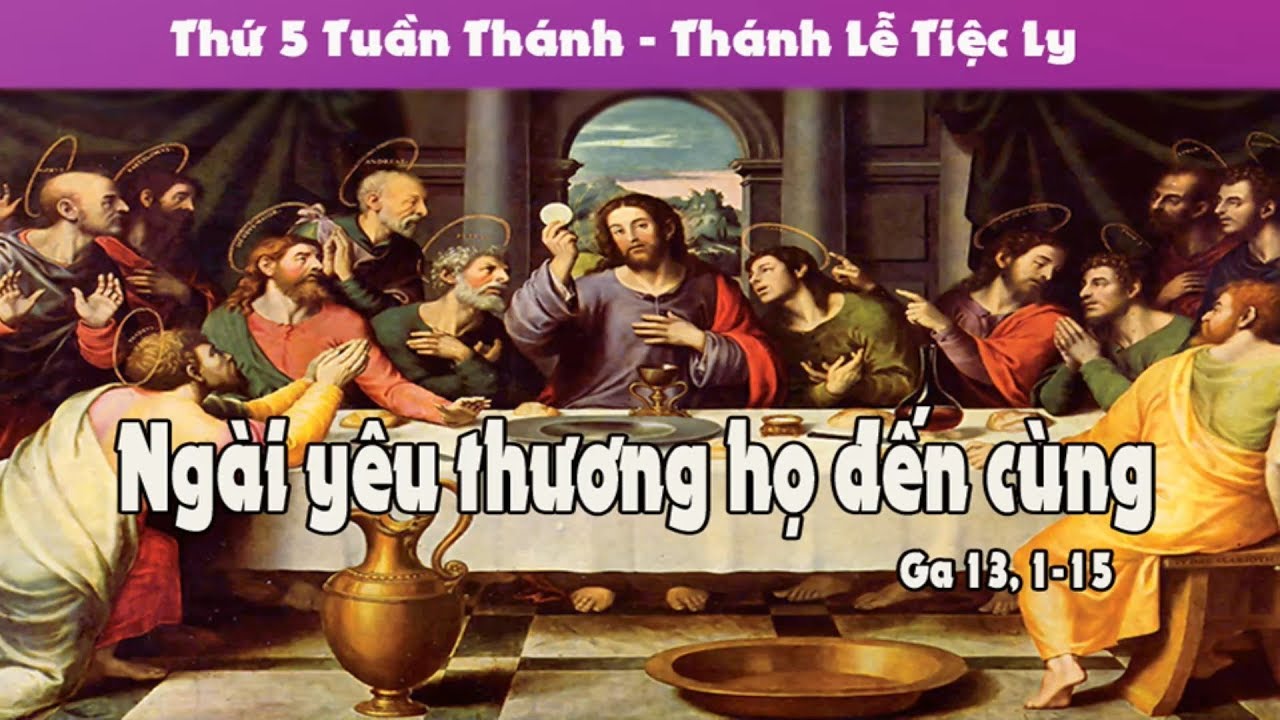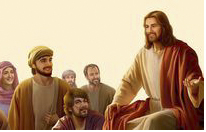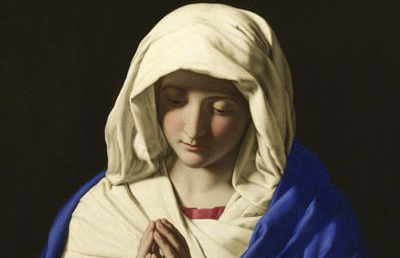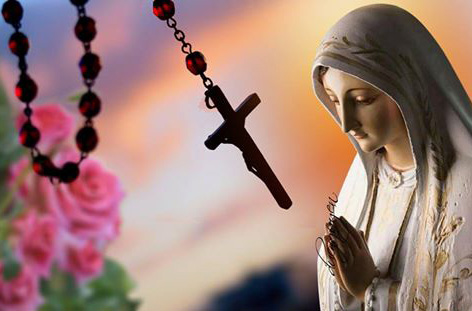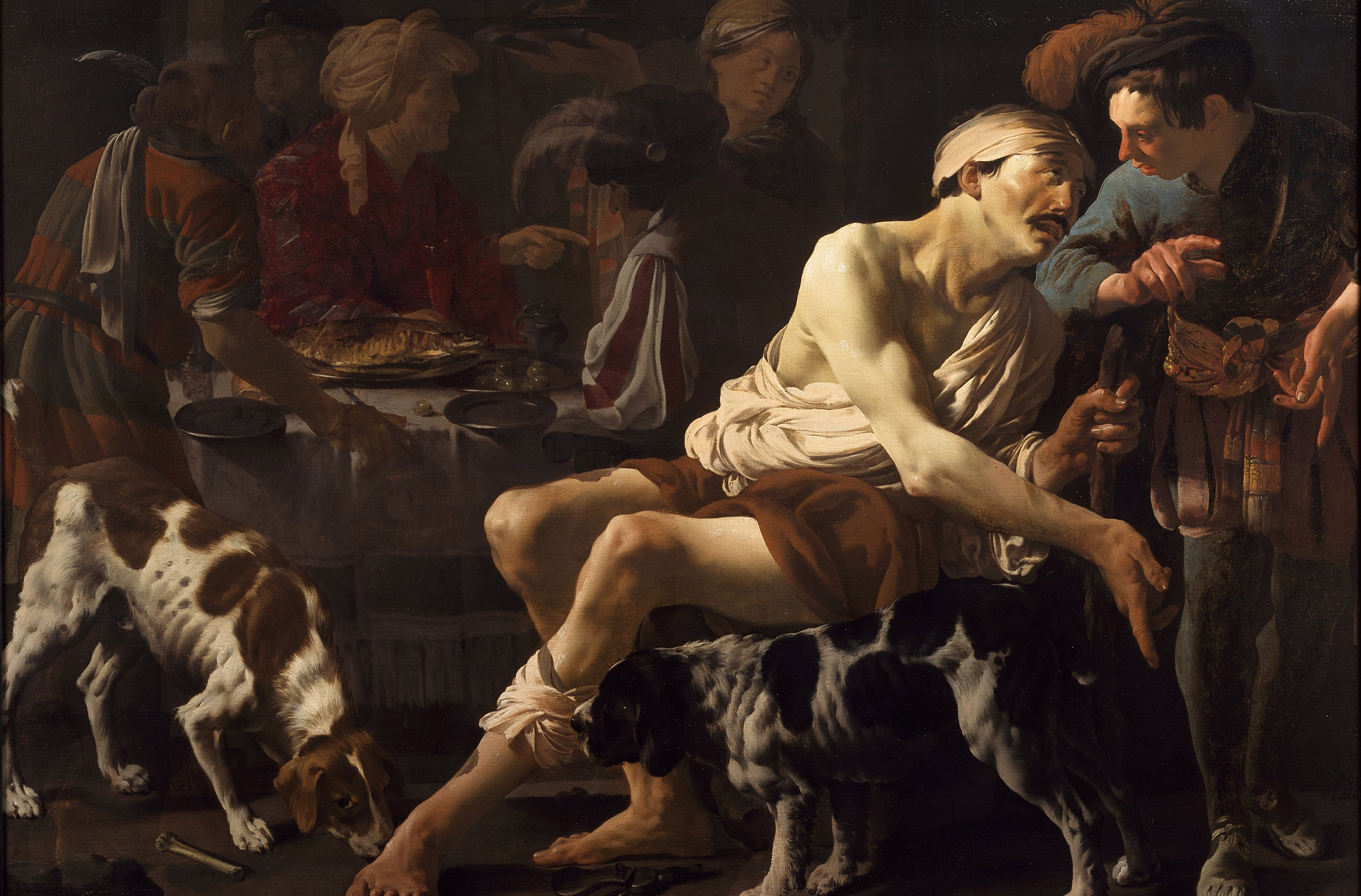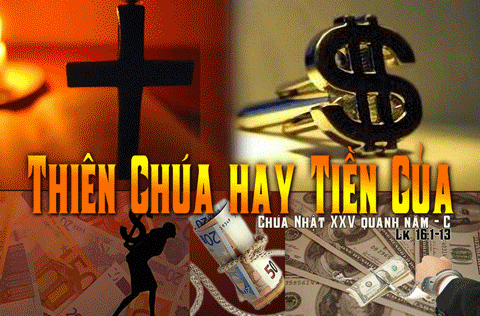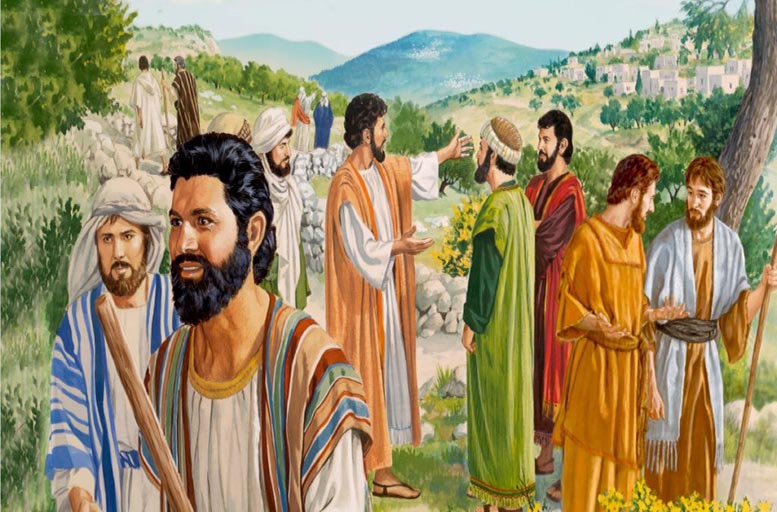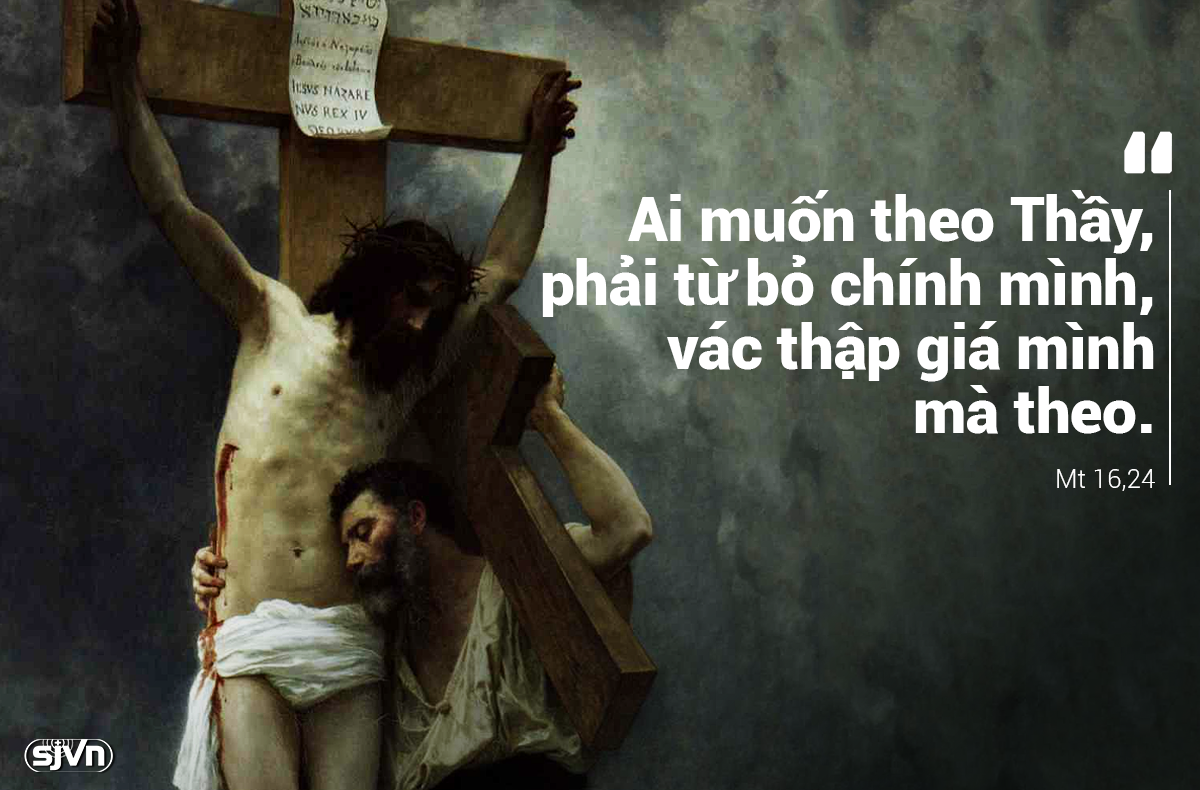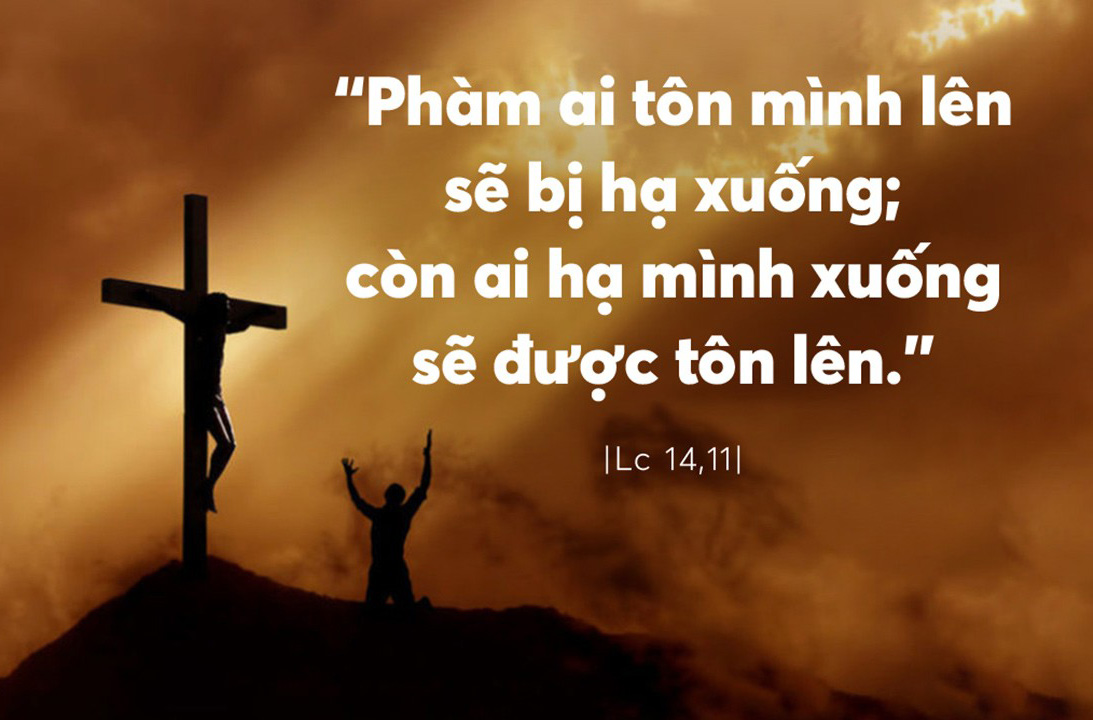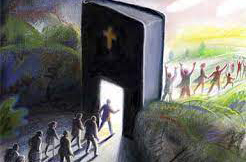Reflection
21st Sunday in Ordinary Time | Year B
John 6:60-69
After hearing his doctrine many of the followers of Jesus said, ‘This is intolerable language. How could anyone accept it?’ Jesus was aware that his followers were complaining about it and said, ‘Does this upset you? What if you should see the Son of Man ascend to where he was before?’ ‘It is the spirit that gives life, the flesh has nothing to offer. The words I have spoken to you are spirit and they are life.’ ‘But there are some of you who do not believe.’ For Jesus knew from the outset those who did not believe, and who it was that would betray him. He went on, ‘This is why I told you no one could come to me unless the Father allows him.’ After this, many of his disciples left him and stopped going with him. Then Jesus said to the Twelve, ‘What about you, do you want to go away too?’ Simon Peter answered, ‘Lord, who shall we go to? You have the message of eternal life, and we believe; we know that you are the Holy One of God.’
Reflection
When Jesus spoke about “bread from heaven” his listeners had a reference point for their understanding of what he was saying. Manna - “bread from heaven” – had fed their forebears in the desert.
When Jesus moved on to say that he was the living bread from heaven, that was probably seen as a figurative statement. But then he started talking about the bread being his flesh, and eating his flesh and drinking his blood as being necessary for eternal life. This was too much for some of his followers who left. There must have also been some serious questioners among those who remained, including the Twelve.
Among the doctrines of our faith there may be one (or several) which test our faith. For some people mystery enhances their faith and their religious experience; for others with a different way of thinking, mystery may be very challenging. The teaching of the Church on moral issues can also leave us struggling with acceptance, especially in those areas where the Church’s teaching runs counter to the logic common in society.
Are any of these things greater challenges to faith than believing that Jesus changed bread and wine into his flesh and blood at the Last Supper, and that this happens in every Mass?
In one of those inspired moments which he seemed to be particularly open to, Peter says: “Lord, who shall we go? You have the message of eternal life...we know that you are the Holy One of God”. This article of faith encompasses all others; it is the belief which allows us to live with doubt about some aspects of our faith without bailing out as some of the disciples did. It shelters us from the worst effects of doubt and allows God to use our doubts to help us grow in faith, hope and love.
Sometimes we may have to “park” some aspect of the Church’s teaching in order to get on with our spiritual life. “Parking” does not mean we reject it – we simply choose not to make it an issue while we focus on loving God and others. If we do this we remove the danger that the matter of doubt will become an obsession which eventually drives us away from the practice of the faith.
Remaining connected to Jesus is the key to resolving doubt, or learning to live with it.
The List of Contributions Received by Caritas Vietnam
1. The list of 2024 contributions to the Caritas Vietnam general charity fund
2. The list of 2023 contributions to the Caritas Vietnam general charity fund
Latest project information
Copyright © 2018 by COMMISSION on CHARITY and SOCIAL ACTIONS - CARITAS VIETNAM
Total visits: 26,116,662


